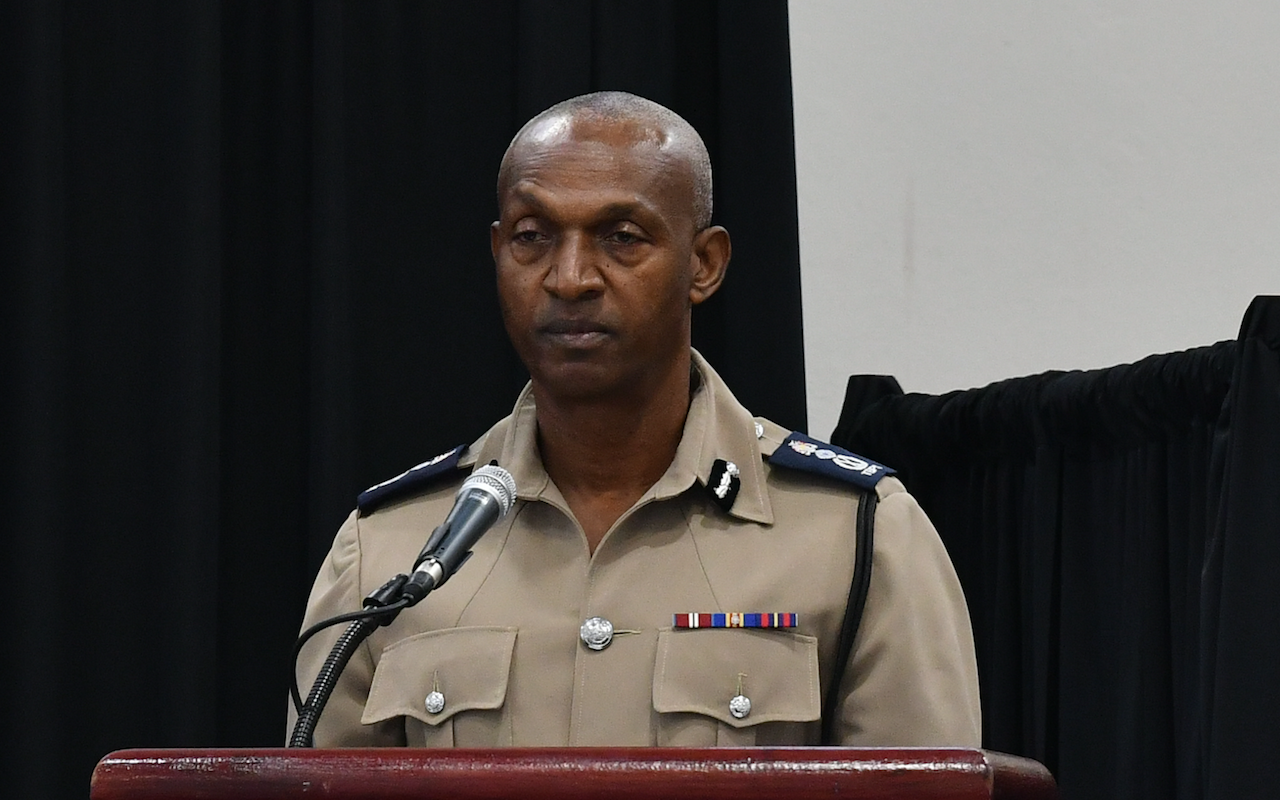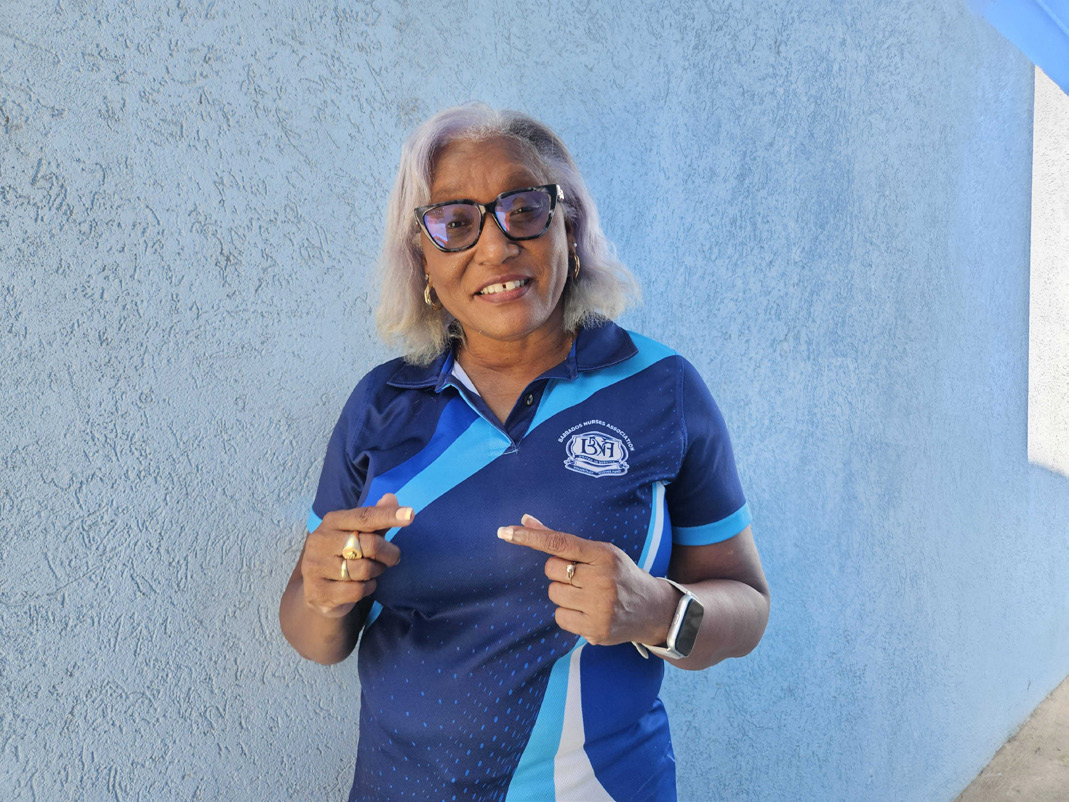Barbados Police Commissioner Richard Boyce has characterized Saturday’s early morning shooting in Bridgetown as a meticulously planned retaliatory attack stemming from a prolonged feud between two opposing groups. The violent incident, which left ten individuals wounded, occurred approximately at 3 a.m. as passengers were disembarking from the party cruise vessel Dream Chaser 2.
During a joint press briefing with Prime Minister Mia Mottley, Commissioner Boyce revealed that preliminary investigative findings strongly indicate the shooting was anything but random. “Our assessment confirms this was a calculated act of revenge,” Boyce stated. “Two factions engaged in a long-standing conflict deliberately targeted individuals exiting the vessel and opened fire.”
Despite the severity of the event, Commissioner Boyce emphatically maintained that this isolated incident should not diminish the documented achievements of the Barbados Police Service in crime reduction. “The statistical evidence overwhelmingly demonstrates our effectiveness in combating crime throughout my tenure,” he asserted. “This single occurrence cannot invalidate the exceptional work consistently performed by our law enforcement personnel.”
Boyce highlighted the operation’s sophisticated planning as the rationale for deploying top-tier investigative resources. “This was not a spontaneous act but a carefully orchestrated assault, which necessitates the expertise of our most capable detectives to ensure swift apprehension and prosecution of those responsible,” he explained.
Prime Minister Mottley concurred with the Commissioner’s assessment, publicly acknowledging the police force’s success in preventing numerous potential crimes. “Countless incidents have been thwarted through proactive police work in recent years,” Mottley affirmed. “I extend my profound gratitude to the police service for their preventive efforts, particularly during the recent holiday season when additional threats were successfully neutralized.”









